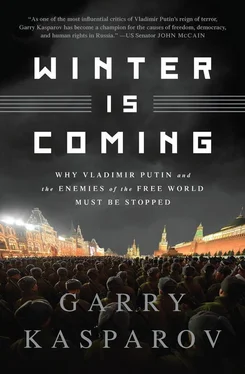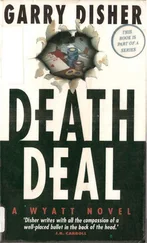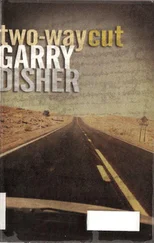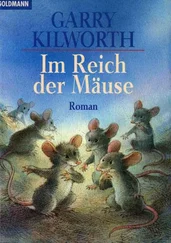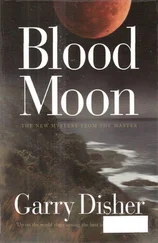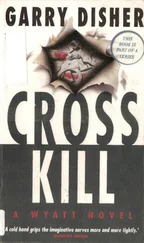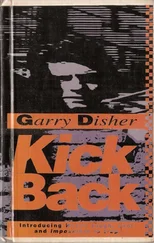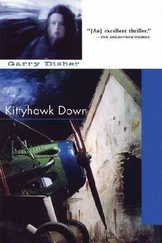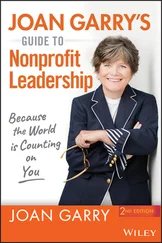Garry Kasparov
WINTER IS COMING
Why Vladimir Putin and the Enemies of the Free World Must Be Stopped
To the memory of Boris Nemtsov and to every person in the world battling for freedom and democracy as he did every day.
-GARRY KASPAROV
To Zoe, who makes it all possible, and to Cleo and Rafa, who make it all worth it.
-MIG GREENGARD
On August 19, 1991, CNN was providing nonstop live coverage of an attempted coup against Soviet president Mikhail Gorbachev. Allied with the KGB, hardliners from inside the disintegrating Communist regime had sequestered Gorbachev at his dacha in Crimea and declared a state of emergency. The global press was full of experts and politicians worried that the coup would mark the sudden end of perestroika, or even the start of a civil war, as tanks rolled into the middle of Moscow.
I appeared as a guest on Larry King that evening, along with former US ambassador to the United Nations Jeane Kirkpatrick, a professor from California, and a former KGB operative. I was alone in declaring that the coup had no chance of success, and that it would be over in forty-eight hours, not the months Kirkpatrick and many others were predicting. The coup’s leaders had no popular support, I insisted, and their attempt to put a halt to reforms they feared might lead to the breakup of the Union of Soviet Socialist Republics was doomed. The ruling bureaucracy was also split, with many feeling they had better opportunities for advancement after a Soviet breakup. I was vindicated with great efficiency, as Russian president Boris Yeltsin famously climbed aboard a tank, the people of Moscow rallied for freedom and democracy, and the cabal of coup leaders realized the people were against them. They surrendered two days later.
The coup attempt not only failed, but it accelerated the demise of the Soviet Union by presenting the people of the USSR a clear choice. Dissolution and an independent future was a little frightening, yes, but it could not be worse than the totalitarian present.
Like dominoes, republic after Soviet republic declared independence in the following months. Back in Moscow, two days after the failure of the coup, a jubilant crowd tore down the statue of “Iron” Felix Dzerzhinsky, the fearsome founder of the Soviet secret police, in front of the KGB headquarters.
It is difficult for me now to read the comments members of that crowd made to the press without becoming emotional. “This begins our process of purification,” said a coal miners’ union leader. An Orthodox priest said, “We will destroy the enormous, dangerous, totalitarian machine of the KGB.” The crowd chanted “Down with the KGB!” and “Svo-bo-da!” the Russian word for freedom. Police took off their berets to join the march as messages like “KGB butchers must go to trial!” were scrawled on the base of the hated statue. A doctor said this protest was different from those of the previous months: “We feel as though we have been born again.”
And so it shocks the imagination that eight years later, on December 31, 1999, a former lieutenant colonel of the KGB became the president of Russia. The country’s nascent democratic reforms were halted and steadily rolled back. The government launched crackdowns on the media and across civil society. Russian foreign policy became bullying and belligerent. There had been no process of purification, no trials for the butchers, and no destruction of the KGB machine. The statue of Dzerzhinsky had been torn down, but the totalitarian repression it represented had not. It had been born again—in the person of Vladimir Putin.
Jump forward to the beginning of 2015 and Putin is still in the Kremlin. Russian forces have attacked Ukraine and annexed Crimea, six years after invading another neighbor, the Republic of Georgia. Just days after hosting the Winter Olympics in Sochi in February 2014, Putin fomented a war in Eastern Ukraine and became the first person to annex sovereign foreign territory by force since Saddam Hussein in Kuwait. The same world leaders who were taking smiling photos with Putin a year ago are now bringing sanctions against Russia and members of its ruling elite.
Russia threatens to turn off the pipelines that supply Europe with a third of its oil and gas. A metaphorical mafia state with Putin as the capo di tutti capi (boss of all bosses) has moved from being an ideologically agnostic kleptocracy to using blatantly fascist propaganda and tactics. The long-banished specter of nuclear annihilation has returned.
There are two stories behind the current crisis. The first is how Russia moved so quickly from celebrating the end of Communism to electing a KGB officer and then to invading its neighbors. The second is how the free world helped this to happen, through a combination of apathy, ignorance, and misplaced goodwill. It is critical to figure out what went awry, because even though Putin is now a clear and present danger, Europe and America are still getting it wrong. The democracies of the world must unite and relearn the lessons of how the Cold War was won before we slide completely into another one.
Putin’s Russia is clearly the biggest and most dangerous threat facing the world today, but it is not the only one. Terrorist groups like al-Qaeda and the Islamic State are (despite the latter’s name) stateless and without the vast resources and weapons of mass destruction Putin has at his fingertips. The attacks of 9/11 and others like it, however, taught us that you don’t have to have a national flag or even an army to inflict terrible damage on the most powerful country in the world. What’s more, state sponsors of terror are benefiting as democratic terrorist targets fail to organize an aggressive defense. The murderous regimes of Iran, North Korea, and Syria have enjoyed considerable time at the bargaining table with the world’s great powers while making no significant concessions.
It’s not new to talk about the challenges of the multipolar world that arose with the end of the Cold War. What is lacking is a coherent strategy to deal with these challenges. When the Cold War ended, the winners were left without a sense of purpose and without a common foe to unite against. The enemies of the free world have no such doubts. They still define themselves by their opposition to the principles and policies of liberal democracy and human rights, of which they see the United States as the primary symbolic and material representative. And yet we continue to engage them, to negotiate, and even to provide these enemies with the weapons and wealth they use to attack us. To paraphrase Winston Churchill’s definition of appeasement, we are feeding the crocodiles, hoping they will eat us last.
Any political chill between Washington, DC, and Moscow or Beijing is quickly criticized by both sides as a potential “return to the Cold War.” The use of this cliché today is ironic, given that the way the Cold War was fought and won has been forgotten instead of emulated. Instead of standing on principles of good and evil, of right and wrong, and on the universal values of human rights and human life, we have engagement, resets, and moral equivalence. That is, appeasement by many other names. The world needs a new alliance based on a global Magna Carta, a declaration of fundamental rights that all members must recognize. Nations that value individual liberty now control the greater part of the world’s resources as well as its military power. If they band together and refuse to coddle the rogue regimes and sponsors of terror, their integrity and their influence will be irresistible.
Читать дальше
